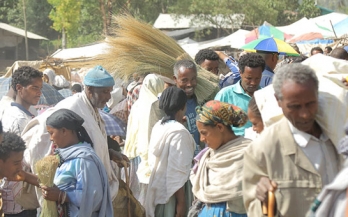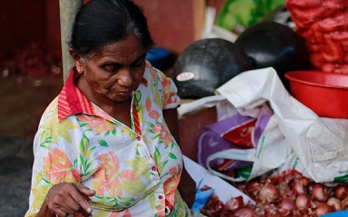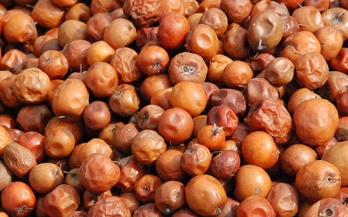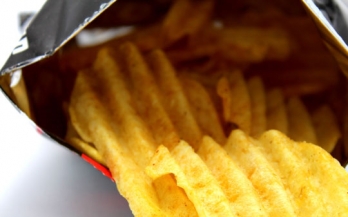Osgood-Zimmerman and colleagues just published an article in Nature that, for the first time, provides high-resolution maps of child growth failure (stunting, wasting, and underweight) across Africa. They mapped data from over 1 million children from 51 countries at a 5×5 km resolution as well as at the largest administrative subdivision from 2000 to 2015.
Last week the Food and Agriculture Organization (FAO) hosted the launch of a new report by the Global Panel – “Improving diets in an era of food market transformation – challenges and opportunities for engagement between the public and private sector”. Its main point: market forces are remaking the world food system at lightning speed, what should we do to make sure this reduces, not adds to, malnutrition?
This is an exciting time to be in Ethiopia. A new Prime Minister, Dr. Abiy Ahmed Ali, was appointed in early April and the newly reshuffled cabinet was announced last week. We will certainly be working with GAIN and partners in Ethiopia to try to convince the new PM and his team that malnutrition sits uncomfortably in a nation that sees itself as a middle income country by 2025, a leading light in Africa, and a source of manufacturing and innovation.
Mayors and concerned urbanites gathered in Bonn last week at the 9th Global Forum on Urban Resilience and Adaptation. They spent a fair bit of the second day of their meeting talking about food systems. The big question: does the city of the future lead us inexorably towards unhealthy diets and unsustainable models of production and waste, or is there a better way?
Countries and donors increasingly recognise the benefits of evaluating public programs that could increase access to safe and nutritious foods for the poor. However, low- and middle-income countries face three main challenges to evaluation. Nonetheless, evaluation is feasible, as one recent study shows, and has potentially strong benefits for improving large-scale nutrition interventions.
This week sees the launch of the third global index and it provides a highly credible set of scores. The Access to Nutrition Index (ATNI) is one of the few independent science-based mechanisms to fame and shame the 22 biggest food and beverage companies on their efforts to improve nutrition through the marketing and formulation of their products.
Why we might be interested in reducing food loss and waste? To improve food security, to improve food safety, to reduce wasted resources and to increase profits along the food supply chain.
The consistent evidence that childhood stunting is associated with poor child development and school performance and health and human capital development more generally has elevated nutrition in the development agenda. The result has been an unprecedented focus on addressing stunting and some renewed development resources focused on doing so.
Choosing the right type of foods at the point of purchase or consumption is an important way to improve quality of diets. The idea of using on-pack visual cues or symbols to guide food choices has existed for quite some time, but less is known about the effectiveness of such schemes in resource-poor countries.
As the 2016 Global Panel Report on Food Systems and Diets noted, average households in nearly all countries in the world acquire the majority of their food from the market. Most of these purchases are of packaged foods. In addition, we know that the sales of processed foods are flat in high-income countries while increasing in middle-income countries.










